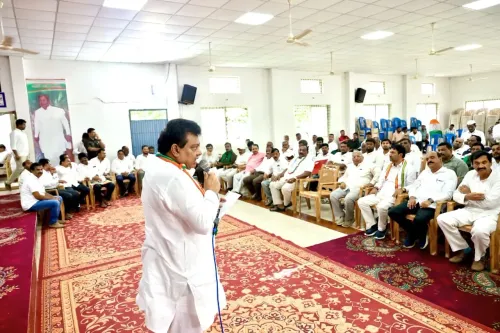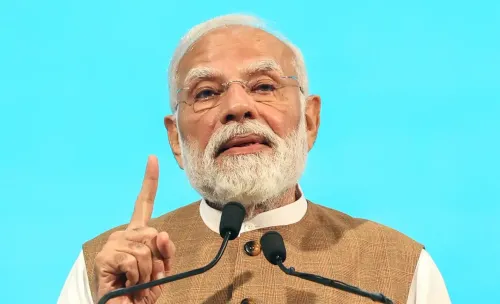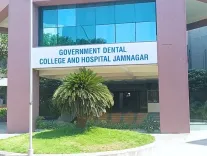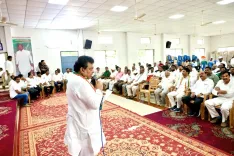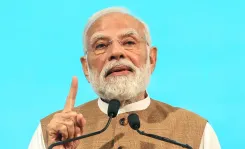Did the SC Grant Bail to a Man Convicted of Killing His Father?
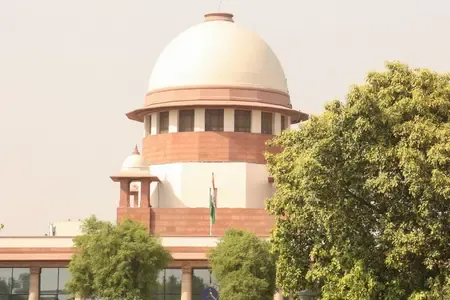
Synopsis
Key Takeaways
- Supreme Court granted bail based on time served.
- Original conviction was for murder, later modified to manslaughter.
- Importance of judicial discretion in sentencing.
- Challenges in the legal process highlighted by case record delays.
- Potential for rehabilitation considered in the ruling.
New Delhi, Oct 28 (NationPress) The Supreme Court on Monday granted bail to a man convicted of killing his father, noting that he has already served nearly five years of his 10-year sentence awarded by the Chhattisgarh High Court.
A Bench of Justices Manoj Misra and Ujjal Bhuyan passed the order while considering the petitioner’s special leave petition (SLP) challenging his conviction.
“Having regard to the facts of the case and the period of sentence already undergone, we deem it appropriate to suspend the sentence awarded by the High Court during the pendency of this appeal,” the apex court observed.
The case stemmed from an incident where the appellant – Vijay Thakur – allegedly attacked his father with a wooden stick, resulting in his death. The trial court convicted him under Section 302 of the Indian Penal Code (IPC) and sentenced him to life imprisonment.
However, the Chhattisgarh High Court, in its ruling last April, modified the conviction to one under Section 304 Part-I IPC, reducing the sentence to 10 years of rigorous imprisonment.
Representing the petitioner, senior advocate Sonia Mathur contended that the accused had already completed almost four years and eleven months of his sentence and requested suspension of the remaining period pending appeal.
“It is submitted that by now the appellant has already served almost 5 years (4 years 11 months) of the sentence. Under these circumstances, it has been requested that the sentence awarded to the appellant be suspended and he be released on bail during the pendency of the appeal,” the order recorded.
Granting relief, the Justice Misra-led Bench directed that the appellant be released on bail “on such terms and conditions as the trial court may deem fit to impose in the facts and circumstances of the case.”
The apex court also remarked that despite its earlier directive for lower courts to submit the case records, “as per the Office Report, records are still awaited.”

